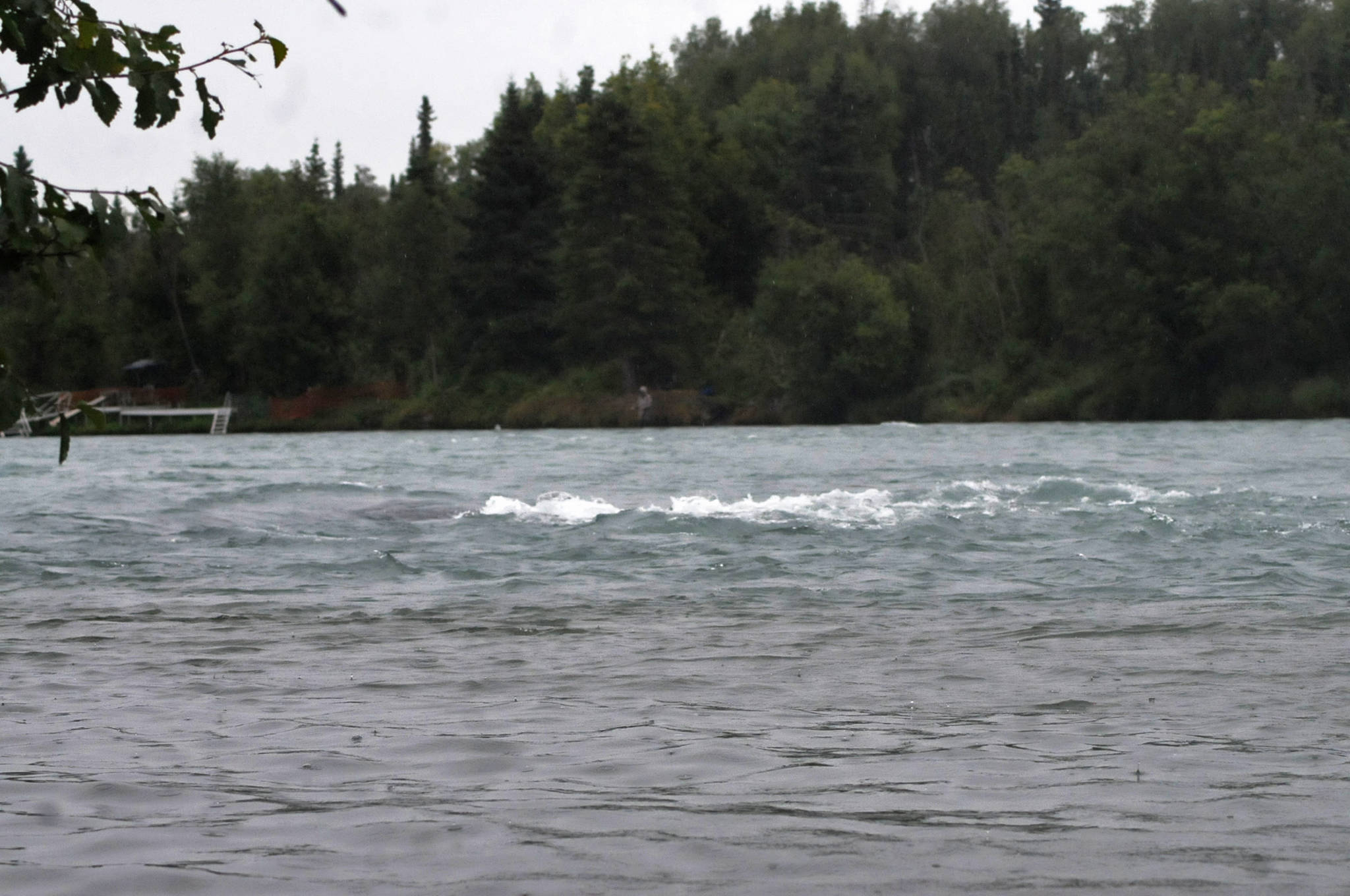Fatal recreational boat accidents rose in Alaska this year for the second year in a row.
Though the year’s not out yet, Alaska has clocked 22 fatal recreational boating accidents so far this year, said Alaska Office of Boating Safety Training and Education Supervisor Joe McCullough. That’s up from 14 in 2016 and 7 in 2015, though the long-term trend is still downward, he said.
The Kenai Peninsula saw at least four drowning cases this year — two in June in Resurrection Bay, one in Johnson Lake in July and another on the Kenai River in August. That’s only recreational boating accidents — multiple commercial fishermen have also died this year in a variety of circumstances around the state, including one from the peninsula. Frederick Bock, a commercial fisherman from Ninilchik, went missing after going overboard from his commercial fishing vessel in Bristol Bay and has not been found.
In at least two of the recreational boating accidents — Kurt Keltner, who drowned after falling into the Kenai River in August, and Nickolas Thornton, who drowned in Johnson Lake in July — the victims were not wearing personal flotation devices. That’s the number one mistake boaters make, McCullough said. Despite the cold water in Alaska, most people die from drowning rather than hypothermia, he said.
“Hypothermia is impossible to get in less than 30 minutes,” he said. “We lose people to drowning. … We always tell people you’re lucky if you live long enough to get hypothermia.”
The Alaska Office of Boating Safety is planning a free boating safety class in Soldotna on Nov. 11. McCullough and his staff host free classes around the state whenever requested, walking attendees through basic boating education topics such as pre-departure preparation, boat operation, emergencies, cold-water survival, navigation and boating laws.
The curriculum doesn’t change much from class to class, but McCullough said he’s added some river-specific information to the course. That was something the Kenai River Special Management Area advisory board had expressed interest in multiple times as an additional safety measure on the river. The Kenai River is the most heavily recreationally used freshwater system in the state.
The addition to the course isn’t necessarily Kenai River-specific, but the points will be applicable on the Kenai, McCullough said.
“(The course will be) going over the use patterns on the river, like back trolling, drifting and getting a little more into the rules of the road even though they aren’t mandatory,” he said.
The Alaska Water Wise class is certified as a continuing medical education class for emergency medical personnel by the Alaska Department of Health and Social Services. It also meets the requirements for other states’ education requirements, which are mandatory in some states but not in Alaska. Participants who complete the course receive a certificate that may qualify them for discounts on boater’s insurance as well.
During the course, McCullough said the instructors focus on preventing the most frequent causes of accidents or fatalities, so they spend more time talking about life jackets and proper navigation skills than hypothermia.
“We’re an injury prevention program, and we really focus on the statistics, on what they’re showing us,” he said. “We really focus on our target audience and our (most frequent) problems.”
It’s not the only kind of class the Office of Boating Safety offers. They also teach classes designed for kids in indoor swimming pools through the Kids Don’t Float program, allowing the kids to learn some of the practical skills. Those classes are increasingly popular, McCullough said.
“Alaskans love hands-on,” he said. “The chance to actually get in the water and actually try this stuff, it’s just taken off.”
The Water Wise class will take place at the Donald E. Gilman Center on Funny River Road on Saturday, Nov. 11 from 9 a.m. to 6 p.m. To register, contact McCullough at (907) 269-8704 or joseph.mccullough@alaska.gov.
For those that can’t make it, there are also ongoing kayak classes through Soldotna Community Schools at the Skyview Middle School pool on Wednesday nights, for $50 per class with limited space. There is also open pool time for kayakers with no instructor for $10, concurrent with the kayak clinics.
The Kenai U.S. Coast Guard Auxiliary also periodically offers classes on various boating safety topics, including GPS for mariners and basic boating instruction. The next class, which covers what to do during a boating emergency and has to take over command of a vessel, is scheduled for Nov. 14 from 6 p.m.–10 p.m. and costs $15. For more information, contact Kimberly Jones at 252-299 or email kenaiflotilla@outlook.com.
Reach Elizabeth Earl at elizabeth.earl@peninsulaclarion.com.

